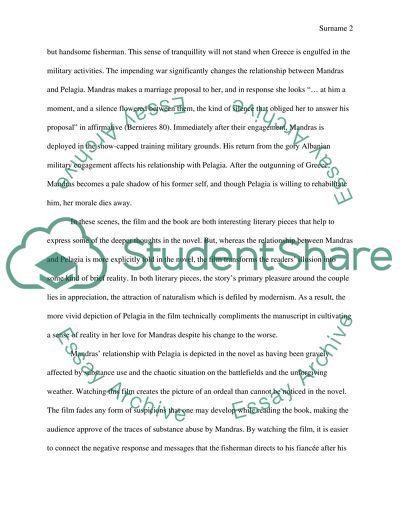Cite this document
(“Relationship between Mandras and Pelagia in Captain Corellis Mondolin Assignment”, n.d.)
Relationship between Mandras and Pelagia in Captain Corellis Mondolin Assignment. Retrieved from https://studentshare.org/literature/1494275-answer-the-following
Relationship between Mandras and Pelagia in Captain Corellis Mondolin Assignment. Retrieved from https://studentshare.org/literature/1494275-answer-the-following
(Relationship Between Mandras and Pelagia in Captain Corellis Mondolin Assignment)
Relationship Between Mandras and Pelagia in Captain Corellis Mondolin Assignment. https://studentshare.org/literature/1494275-answer-the-following.
Relationship Between Mandras and Pelagia in Captain Corellis Mondolin Assignment. https://studentshare.org/literature/1494275-answer-the-following.
“Relationship Between Mandras and Pelagia in Captain Corellis Mondolin Assignment”, n.d. https://studentshare.org/literature/1494275-answer-the-following.


